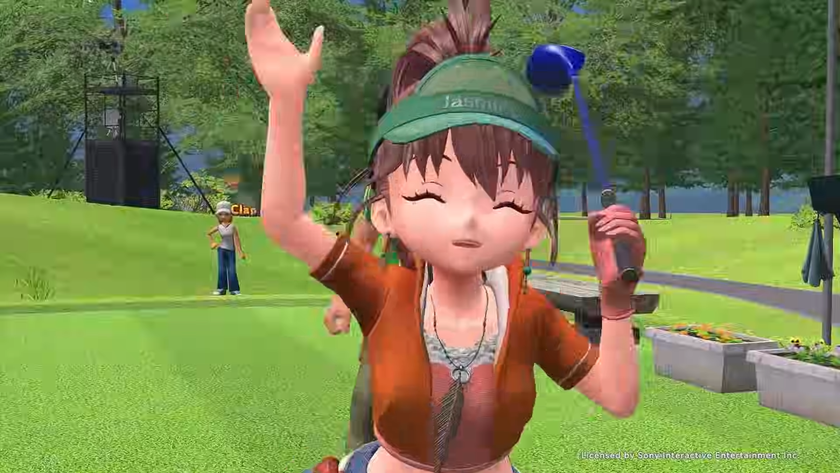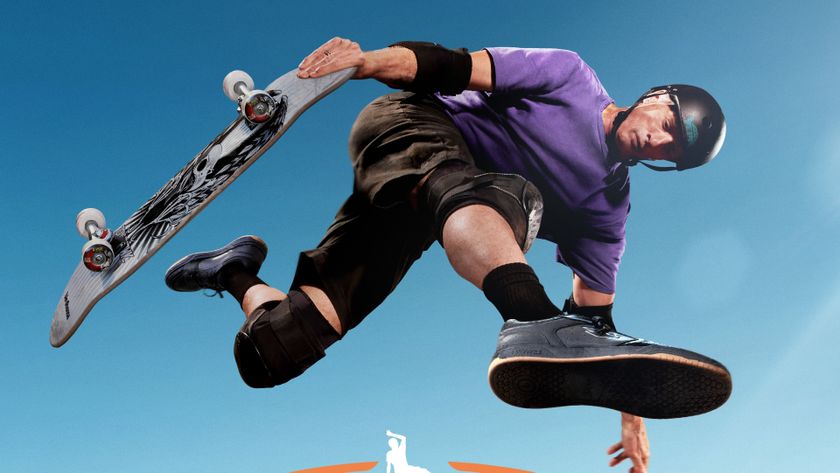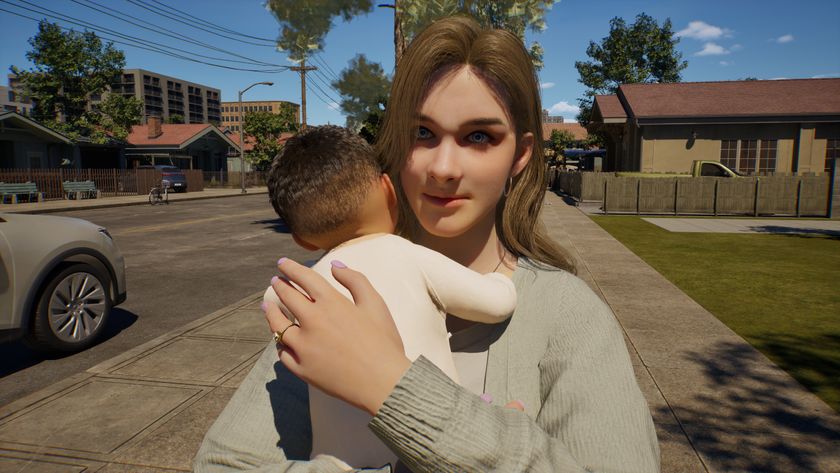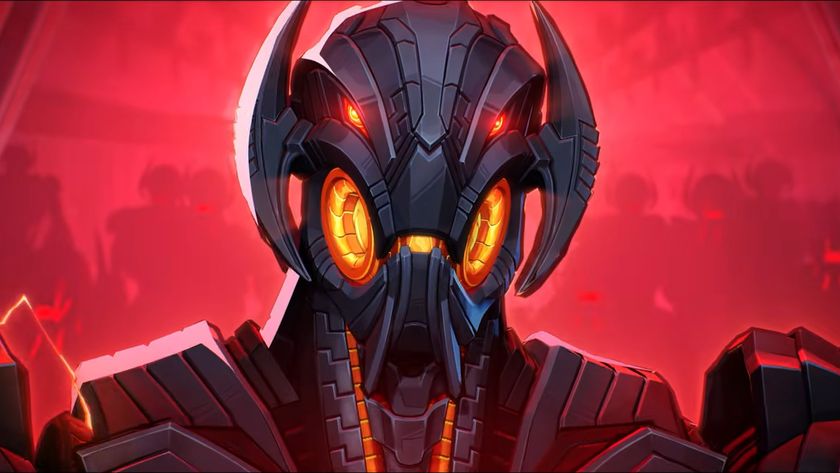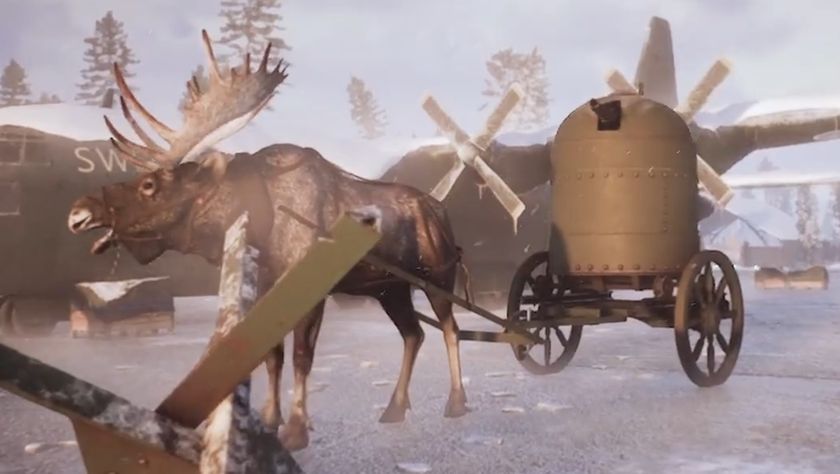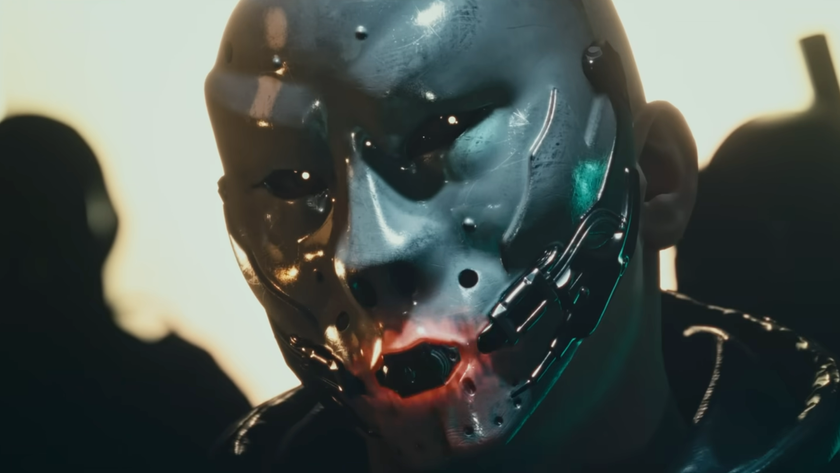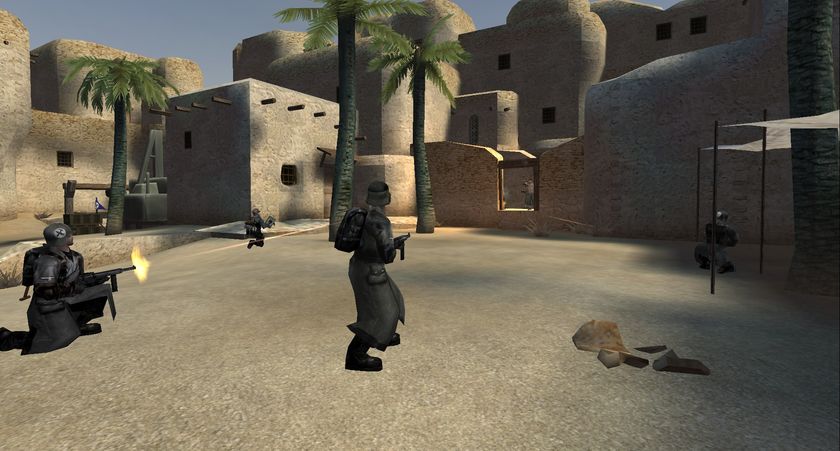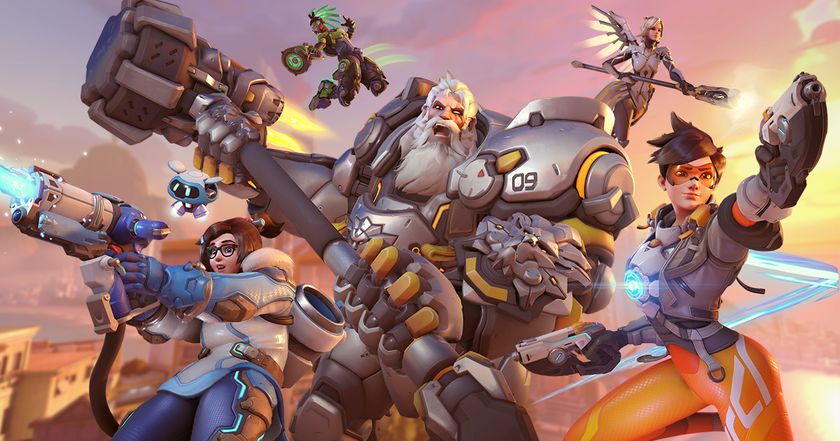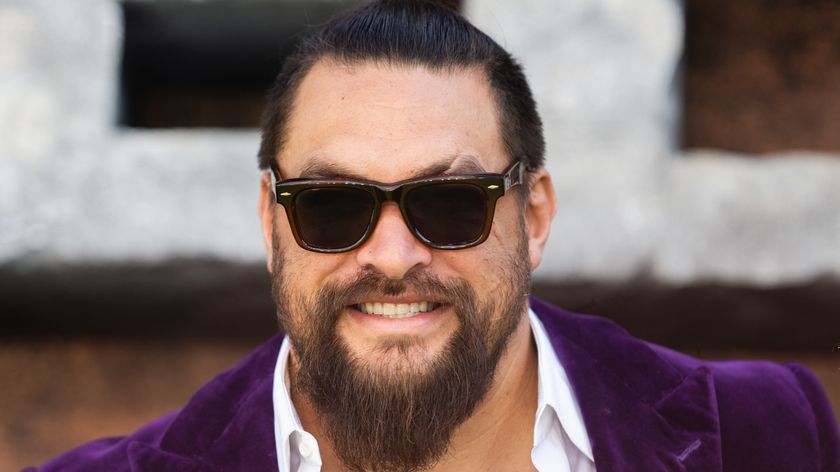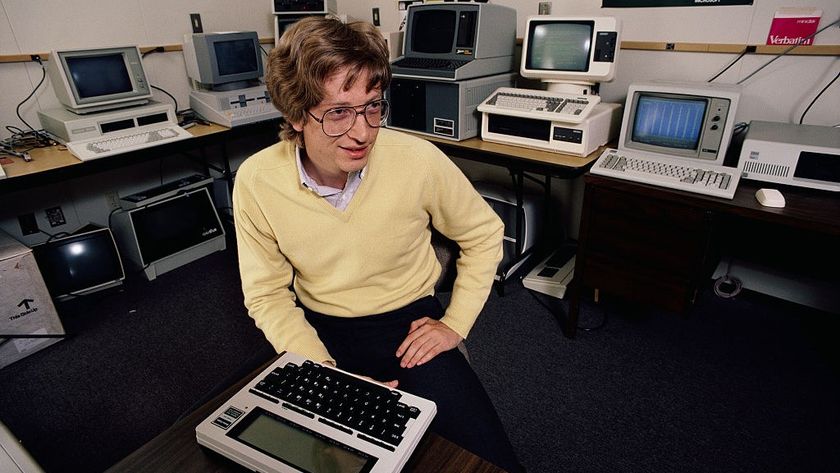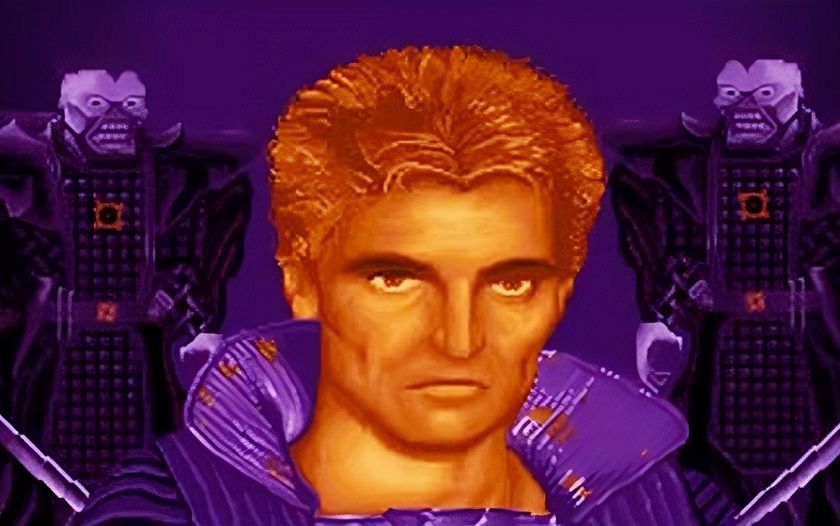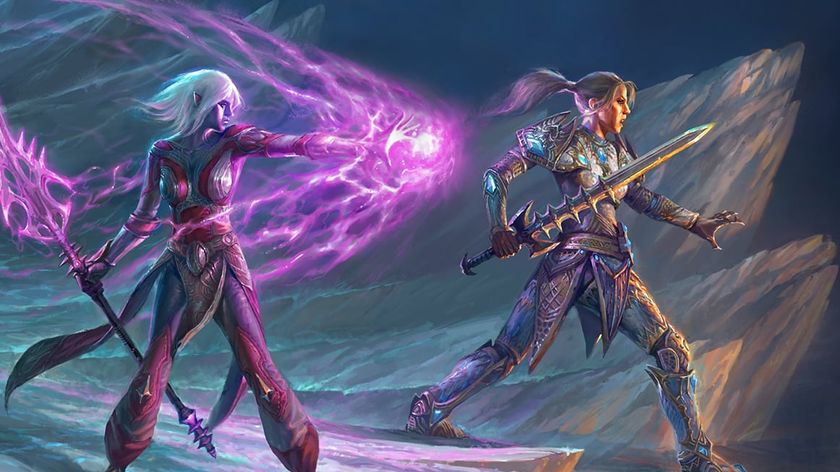Russia and Russian clubs removed from FIFA 'in solidarity with the Ukrainian people'
The statement calls 'for peace and an end to the invasion.'
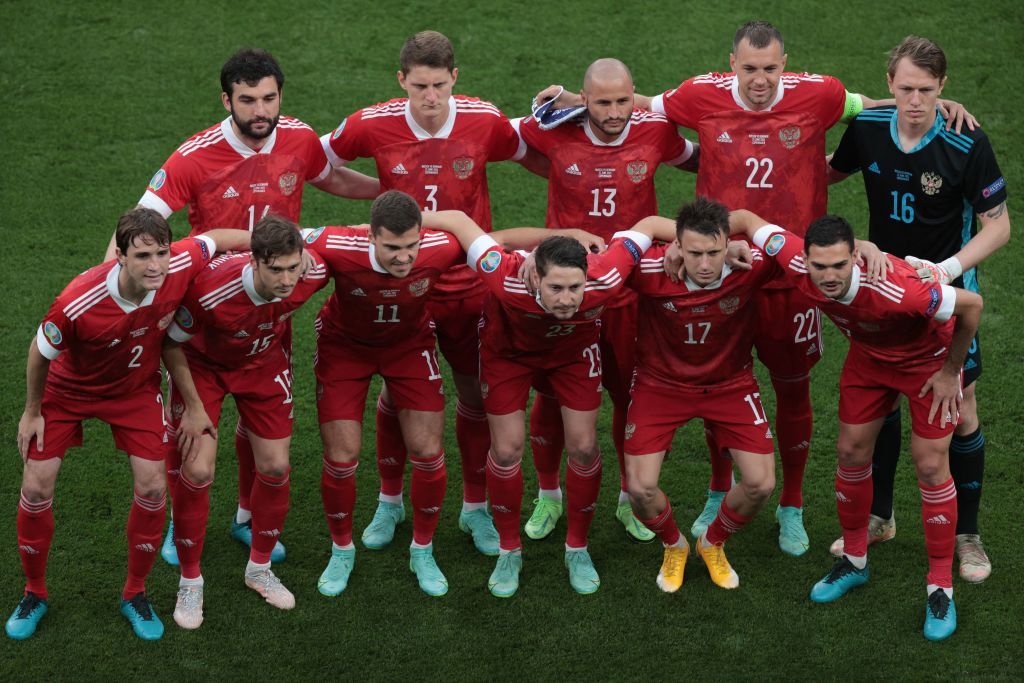
Earlier today Ukraine's deputy prime minister urged "all game development companies and esports platforms" to halt business in Russia, due to the ongoing war between the two countries. Mykhailo Fedorov's letter went on to say that: "In 2022, modern technology is perhaps the best answer to the tanks, multiple rocket launchers and missiles."
Now, EA Sports has announced that the Russian national team and Russian football clubs will be removed from all active versions of FIFA. This news comes in the wake of a U-turn from football's world governing body (what's new), which initially responded to the invasion by saying the Russian team could continue to play under a new name and without its flag and anthem in neutral venues: a decision that was widely derided in and outside of football. Several days later, FIFA and UEFA jointly announced Russia's suspension from all competition.
EA Sports issued the following statement:
"EA Sports stands in solidarity with the Ukrainian people and like so many voices across the world of football, calls for peace and an end to the invasion of Ukraine."
A statement from EA SPORTS FIFA: pic.twitter.com/v3pZvpblgSMarch 2, 2022
"In line with our partners at FIFA and UEFA, EA Sports has initiated processes to remove the Russian national team and all Russian clubs from EA Sports FIFA products including: FIFA 22, FIFA Mobile and FIFA Online. We're also actively evaluating related changes to other areas of our games."
So: it looks like EA and FIFA finally agree on something.
Similar things are happening elsewhere: NHL 22 says it will remove Russian teams "in the coming weeks". There's no word from FIFA 22's only competitor, eFootball, but given the real-world suspension of Russian teams something similar should be expected there.
The biggest gaming news, reviews and hardware deals
Keep up to date with the most important stories and the best deals, as picked by the PC Gamer team.
Ukraine's deputy PM has a point about modern technology, in all its forms, existing around a land war: you only have to look at SpaceX delivering Starlink terminals to provide internet access in Ukraine. Huge amounts of gaming companies have already not only spoken out against the conflict but raised funds and offered practical aid to those fleeing the conflict: Ubisoft, for example, is offering emergency housing, funding, and made a separate donation.

Rich is a games journalist with 15 years' experience, beginning his career on Edge magazine before working for a wide range of outlets, including Ars Technica, Eurogamer, GamesRadar+, Gamespot, the Guardian, IGN, the New Statesman, Polygon, and Vice. He was the editor of Kotaku UK, the UK arm of Kotaku, for three years before joining PC Gamer. He is the author of a Brief History of Video Games, a full history of the medium, which the Midwest Book Review described as "[a] must-read for serious minded game historians and curious video game connoisseurs alike."
